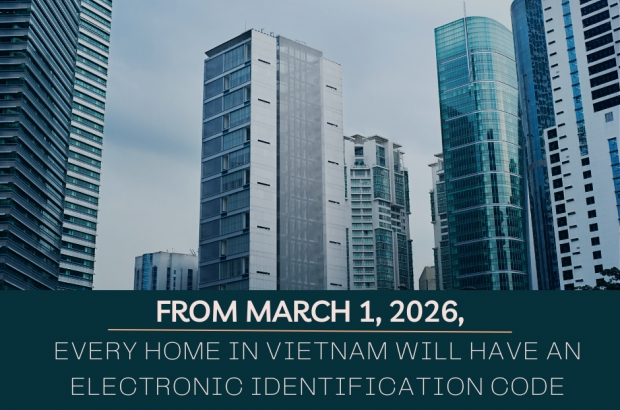Da Nang strengthens anti–money laundering measures in real estate sector
Da Nang authorities are tightening control over real estate transactions to prevent money laundering and promote transparency, requiring developers and agencies to comply with Vietnam’s 2022 Anti–Money Laundering Law.
Enhanced Oversight for Greater Transparency
In mid-October 2025, the Da Nang Department of Construction issued a directive to local branches of the State Bank, financial institutions, and real estate companies, urging strict compliance with the Anti–Money Laundering Law (2022).
Key requirements include:
-
Developing internal anti-money laundering (AML) policies for real estate transactions.
-
Implementing Know Your Customer (KYC) procedures for all clients involved in high-value deals.
-
Reporting suspicious or unusual transactions to relevant authorities.
-
Regularly updating risk assessment results on the State Bank’s official portal.
According to the Department, these measures aim to protect both businesses and consumers, while reinforcing investor confidence in Da Nang’s real estate market.
.jpg)
Preventing Risks Amid Land Price Surges
In recent months, Da Nang has witnessed a surge in land prices in suburban districts and areas near new infrastructure projects. Some transactions showed irregular payment patterns and unusually high values, raising concerns about money laundering and tax evasion.
To address this, city authorities have ordered regular inspections and audits to ensure transaction values reflect real market conditions and comply with legal standards.
“Real estate is one of the easiest sectors for illicit funds to be disguised as legitimate.
Da Nang’s early intervention will create a safer, more transparent environment for both residents and investors,”
said Nguyen Van H., a financial expert based in Da Nang.
Towards a Transparent and Sustainable Market
Da Nang’s anti–money laundering initiative is expected to:
-
Enhance market credibility and strengthen investor confidence.
-
Prevent speculation and price manipulation, mitigating the risk of housing bubbles.
-
Ensure fair and secure transactions for local buyers and foreign investors alike.
However, authorities acknowledge ongoing challenges, including the need for data synchronization, staff training, and inter-agency coordination to ensure effective enforcement.
Building a Transparent Investment Environment
With its ambition to become the financial and innovation hub of Central Vietnam, Da Nang is prioritizing transaction transparency and compliance as key pillars for sustainable growth.
By tightening AML regulations, the city reaffirms its commitment to a safe, trustworthy, and globally competitive real estate market.








